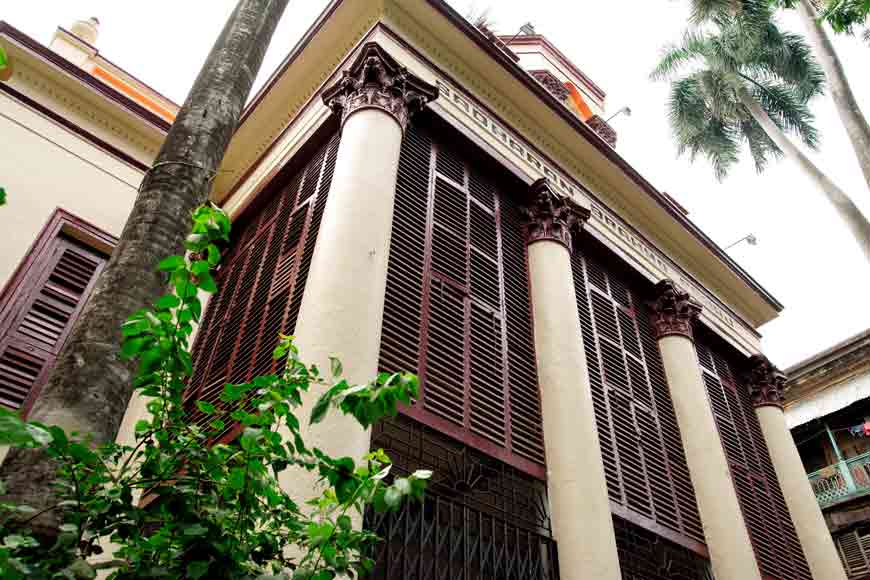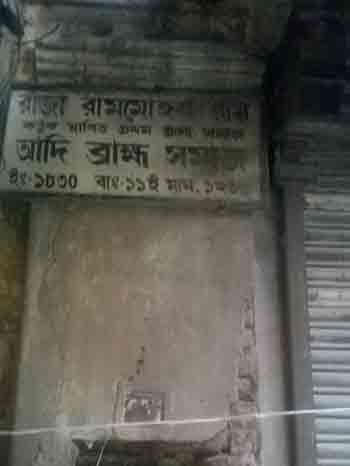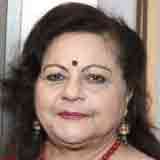Durga Mohan Das, the feminist who married off his widowed stepmother

He was probably one of the earliest social reformists of India who tried to give equal status to women of Bengal in a lopsided man’s world by preaching and practicing female literacy and much more. But how many of us have even heard of Durga Mohan Das, the man, whose pioneering contribution to eradicate social evils and pave way for female education, have mostly remained behind the veil, with little knowledge on how advocated women’s rights.
Das took cudgels to initiate changes in the society and emancipate women from the bondage of social norms. Durga Mohan chose to tread a path fraught with challenges and danger. His efforts to initiate widow remarriage was met with staunch opposition and disapproval. He was socially boycotted, but he remained committed to his belief. Without men like Ishwar Chandra Vidyasagar and Durga Mohan Das, the journey of Indian women would have been far more daunting. They were the torchbearers who made the transition of women from the Dark Age to modernism smoother.
Durga Mohan was born in a well-known, erudite Vaidya-Brahmin family at Telirbagh, Bikrampur, Bangladesh. Bikrampur has a rich history. It was a seat of learning and culture for long. In the 12th century, Bikrampur was the capital of Ballal Sen and Lakshman Sen, both dynamic rulers of the Sen dynasty. Durga Mohan’s father Kashiswar, was a government pleader in the court of Barishal. He had three sons, Kali Mohan, Durga Mohan and Bhuban Mohan, and all of them were renowned lawyers who practiced at Calcutta High Court. He was a student of Presidency College with a senior scholarship.
 During his days at Presidency College, Durga Mohan was greatly influenced by Edward Cowley, professor of history and an erudite Sanskrit scholar. Many of his students often dropped in at Cowley’s residence and discussed serious issues like religion and faith.
During his days at Presidency College, Durga Mohan was greatly influenced by Edward Cowley, professor of history and an erudite Sanskrit scholar. Many of his students often dropped in at Cowley’s residence and discussed serious issues like religion and faith.
By this time Durga Mohan had cleared his licentiate examination in law and had just started practicing at Calcutta High Court. However, his earning was inadequate for him to live comfortably in Kolkata. So, he decided to retreat to Barisal. His elder sibling, Kali Mohan Dash, who later became a famous lawyer of Calcutta High Court, was at that time practicing law in Barisal. Kali Mohan welcomed Durga Mohan with open arms. He also gave him a couple of books by Theodore Parker and asked him to read them thoroughly before finalizing his decision to convert to Christianity. Durga Mohan complied but after reading the books, he changed his opinion and instead of converting to Christianity, joined the Brahmo Samaj.
He got together his friends and established a branch of Brahmo Samaj at Barisal. In order to enlighten devotees, he invited Brahmo preachers from Calcutta to visit Barisal and deliver lectures. Education of women was a top priority in their agenda. During this time there was a major social upheaval among Hindus, following the decision to consent to remarriage of widows. An enlightened social reformer that he was, Durga Mohan was naturally sucked into that vortex of the movement. He and his friends decided to publicly organize remarriage of widows. He even offered to extend financial support to those couples who braved the opposition and married because he was aware how they would be ostracized by an orthodox society. He was so radical in his resolution that he got his young widowed step-mother married to one of his friends. The orthodox society could not digest this digression from mainstream societal norms and he was deprecated by the entire society. His earnings dwindled because people boycotted him. But Durga Mohan was a man of principles and he remained steadfast in his mission. There are very few people, other than Ishwar Chandra Vidyasagar, who have been so passionately involved in eradicating a social evil and make way for remarriage of widows.
Around 1870, Durga Mohan shifted to Calcutta High Court. Dwarakanath Ganguly, the great champion of women’s emancipation, had already shifted base from Dhaka to Calcutta, bringing with him the newspaper, Abalabandhab that he owned/edited. There were other young men such as Rajaninath Roy, who were clamouring for reforms within the Brahmo Samaj. Till then women used to sit in the Brahmo Samaj behind a screen. The reformists started bringing their wives into the open. That immediately caused some confusion but ultimately, they won the day. Brahmo Samaj allowed women to sit in the open. When Miss Annette Akroyd opened a boarding school for girls in the city, Durga Mohan not only assisted her financially but also admitted his daughters in the school. The school was later merged with Bethune School and his daughters were amongst the earlier batches to pass out of Bethune school.










